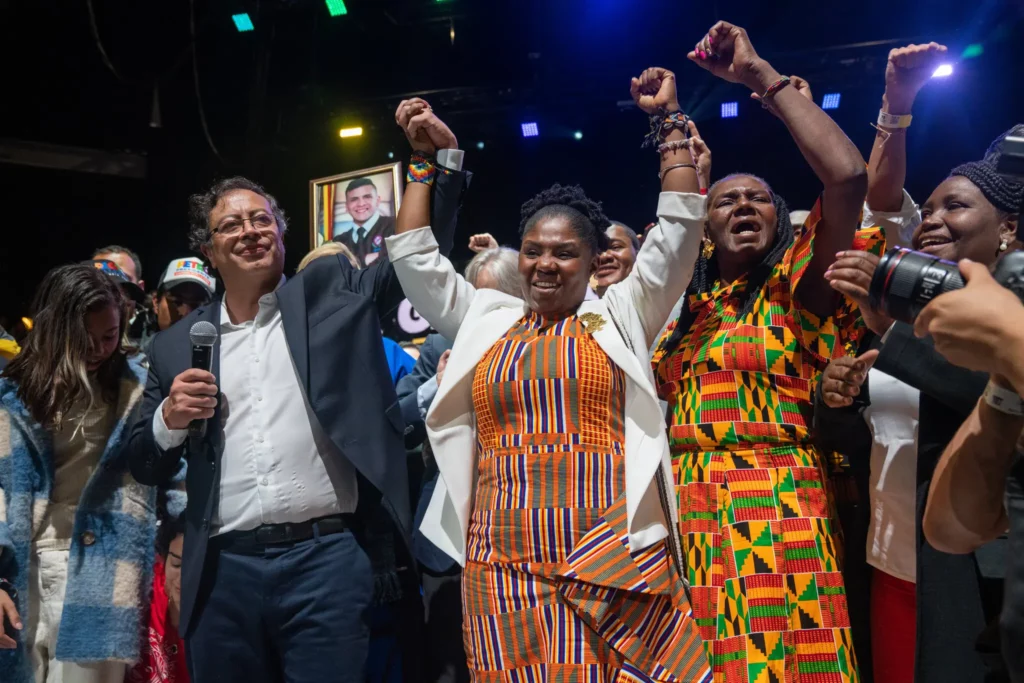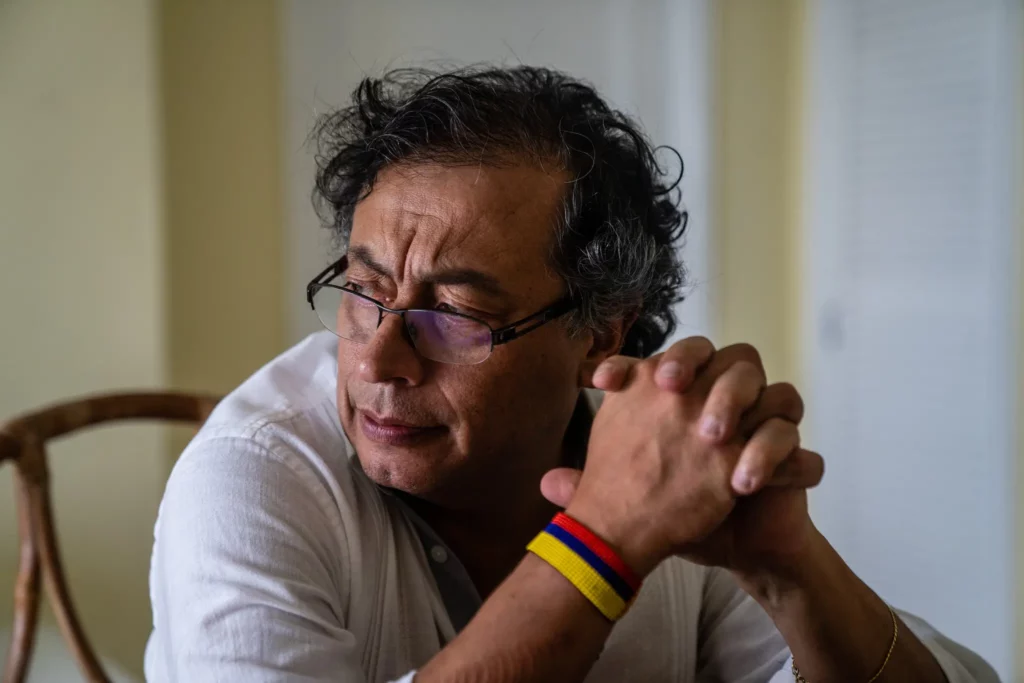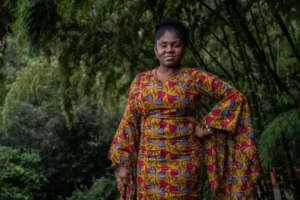For the first time, Colombia will have a leftist president.
Gustavo Petro, a former rebel and a longtime senator who has pledged to transform the country’s economic system, has won Sunday’s election, according to preliminary results, setting the third largest nation in Latin America on a radically new path.
Mr. Petro, 62, received more than 50 percent of the vote, with more than 99 percent counted Sunday evening. His opponent, Rodolfo Hernández, a construction magnate who had energized the country with a scorched-earth anti-corruption platform, just over 47 percent.
Shortly after the vote, Mr. Hernández conceded to Mr. Petro.
“Colombians, today the majority of citizens have chosen the other candidate,” he told his supporters in Bucaramanga. “As I said during the campaign, I accept the results of this election.”
Just over 58 percent of Colombia’s 39 million voters turned out to cast a ballot, according to official figures.
Mr. Petro’s victory reflects widespread discontent in Colombia, a country of 50 million, with poverty and inequality on the rise and widespread dissatisfaction with a lack of opportunity, issues that sent hundreds of thousands of people to demonstrate in the streets last year.
“The entire country is begging for change,” said Fernando Posada, a Colombian political scientist, “and that is absolutely clear.”
The win is all the more significant because of the country’s history. For decades, the government fought a brutal leftist insurgency known as the Revolutionary Armed Forces of Colombia, or FARC, with the stigma from the conflict making it difficult for a legitimate left to flourish.
But the FARC signed a peace deal with the government in 2016, laying down their arms and opening space for a broader political discourse.
Mr. Petro had been part of a different rebel group, called the M-19, which demobilized in 1990, and became a political party that helped rewrite the country’s constitution.
Both Mr. Petro and Mr. Hernández beat Federico Gutiérrez, a former big city mayor backed by the conservative elite, in a first round of voting on May 29, sending them to a runoff.
Both men had billed themselves as anti-establishment candidates, saying they were running against a political class that had controlled the country for generations.
Among the factors that most distinguished them was how they viewed the root of the country’s problems.
Mr. Petro believes the economic system is broken, overly reliant on oil export and a flourishing and illegal cocaine business that he said has made the rich richer and poor poorer. He is calling for a halt to all new oil exploration, a shift to developing other industries, and an expansion of social programs, while imposing higher taxes on the rich.
“What we have today is the result of what I call ‘the depletion of the model,’” Mr. Petro said in an interview, referring to the current economic system. “The end result is a brutal poverty.”
His ambitious economic plan has, however, raised concerns. One former finance minister called his energy plan “economic suicide.”
Mr. Petro will take office in August, and will face pressing issues with global repercussions: Lack of opportunity and rising violence, which have prompted record numbers of Colombians to migrate to the United States in recent months; high levels of deforestation in the Colombian Amazon, a critical buffer against climate change; and growing threats to democracy, part of a trend around the region.
He will face a deeply polarized society where polls show growing distrust in almost all major institutions.
Mr. Petro could also reshape Colombia’s relationship with the United States.
For decades, Colombia has been Washington’s strongest ally in Latin America, forming the cornerstone of its security policy in the region. During his campaign, Mr. Petro promised to reassess that relationship, including crucial collaborations on drugs, Venezuela and trade.
In the interview, Mr. Petro said his relationship with the United States would focus on working together to tackle climate change, specifically halting the rapid erosion of the Amazon.
“There is a point of dialogue there,” he said. “Because saving the Amazon rainforest involves some instruments, some programs, that do not exist today, at least not with respect to the United States.”
Megan Janetsky contributed reporting from Bucaramanga, Colombia, and Sofía Villamil and Genevieve Glatsky contributed reporting from Bogotá.





